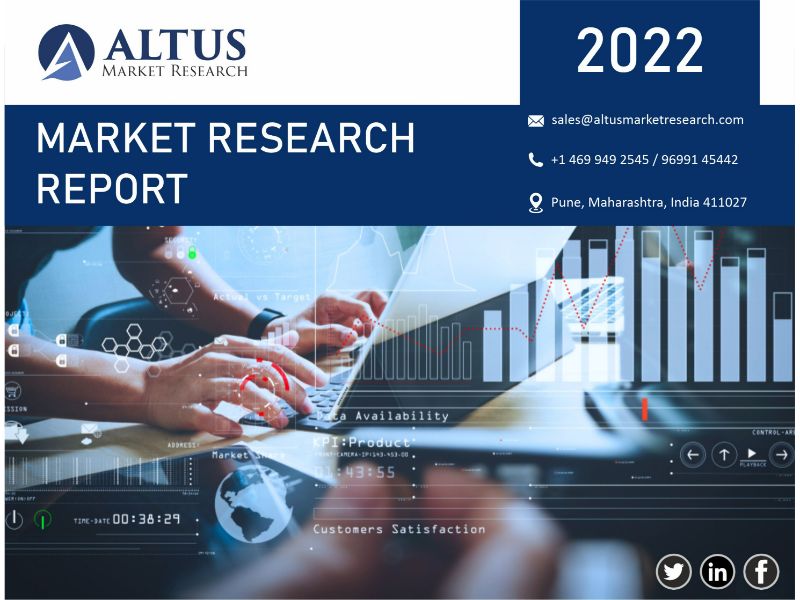Medicines assist us with living longer and better. Yet, misinterpreting them or blending specific medications can be perilous. You should be mindful to securely monitor your Medicines and use them.
Medicines, frequently alluded to as medications can be
Ensure your PCP is familiar with ALL the Medicines you take. This incorporates those recommended by different specialists, as well as nutrients, supplements, homegrown cures, and non-prescription medications you utilize sometimes.
What You Need to Know About Your Medicines
Chat with your primary care physician, nurturer, or another medical care supplier before beginning another Medicine. Go over your sensitivities and any issues you have had with different Medicines, for example, rashes, inconvenience breathing, acid reflux, dazedness, or mindset changes.
You will likewise want to know whether you’ll have to change or quit taking any of your different remedies or non-prescription medications while utilizing this new Medicine. Blending a few medications can create terrible and in some cases difficult issues. For example, it is perilous to utilize ibuprofen while taking blood-diminishing Medicine, says Dr. Jordan Sudberg.
Along these lines, it is essential to keep a rundown of every doctor-prescribed drug and over-the-counter cure you take. Print and finish up the Tracking Your Medications: Worksheet to assist you with monitoring your Medications.
While beginning another Medication, make a point to record the name of the medication and why it’s being endorsed for you. Likewise, make note of any exceptional guidelines for how to take the Medicine.
What might a Pharmacist Do?
A drug specialist can respond to a considerable lot of your inquiries regarding remedies and non-prescription medications, Dr. Jordan Sudberg said. Attempt to have every one of your remedies filled at a similar drug store so your records are in one spot. This will assist with cautioning the drug specialist if another medication could cause an issue with something different you are taking. On the off chance that you’re not ready to utilize only one drug store, show the drug specialist at every drug store your rundown of Medicines and non-prescription medications when you drop off your solution.
At the point when you have a remedy filled
• Let the drug specialist know if you experience difficulty gulping pills. There might be fluid Medicine accessible. Try not to bite, break, or squash tablets without first seeing whether the medication will in any case work.
• Ensure you can peruse and comprehend the name of the Medicine as well as the headings on the compartment and on the variety of coded cautioning stickers on the jug. Assuming the name is difficult to peruse, request that your drug specialist utilize a bigger sort.
• Make sure that you can open the compartment. If not, request that the drug specialist put your Medicines in bottles that are simpler to open.
• Get some information about extraordinary directions on where to store Medicine. For instance, would it be a good idea for it to be kept in the fridge or a dry place?
• look at the mark on your Medicine before leaving the drug store. It ought to have your name on it and the bearings are given by your primary care physician. If it doesn’t, don’t take it, and talk with the drug specialist.
Actually, take a look at the mark to guarantee you are not oversensitive to any of the fixings. Ensure your primary care physician and drug specialist have a modern rundown of your sensitivities so they don’t give you a Medicine that contains something you are susceptible to.
Incidental effects
Undesirable or surprising side effects or sentiments that happen when you take Medicine are called aftereffects. Secondary effects can be somewhat minor, like cerebral pain or a dry mouth. They can likewise be hazardous, like extreme draining or irreversible harm to the liver or kidneys. Drugs’ secondary effects additionally can influence your driving.
If you experience secondary effects, record them on paper so you can report them to your primary care physician precisely. Summon your PCP right assuming you dislike your Medicines or on the other hand assuming that you are stressed that the Medicine may cause more damage than great. The individual in question might have the option to change your Medication to another that will work comparably well.
There is a developing acknowledgment of the significant general well-being outcomes that can emerge because of the non-Medical utilization of Medicines and Medicinal items. Issues related to the non-Medical utilization of Medicines incorporate both intense well-being hurts and ongoing issues, like reliance.
The gatherings of Medications that have most generally been related to worries about their non-Medical use in the EU include:
• tranquilizers and hypnotics, including barbiturates, benzodiazepines, and benzodiazepine-like medications, for example, the ‘Z-drugs’;
• narcotics, including help with discomfort Medications and narcotic agonist treatment Medications;
• energizers recommended to treat consideration shortage and hyperactivity problem (ADHD); and
• non-prescription medications, including a few hack syrups and allergy medicines.
The redirection and non-Medical utilization of narcotic agonists is of specific worry in Europe. Notwithstanding mortality, related results incorporate intricacies related to the infusion of the Medication, adverse consequences on treatment results, and dangers to the standing of treatment administrations.
2022-08-25





